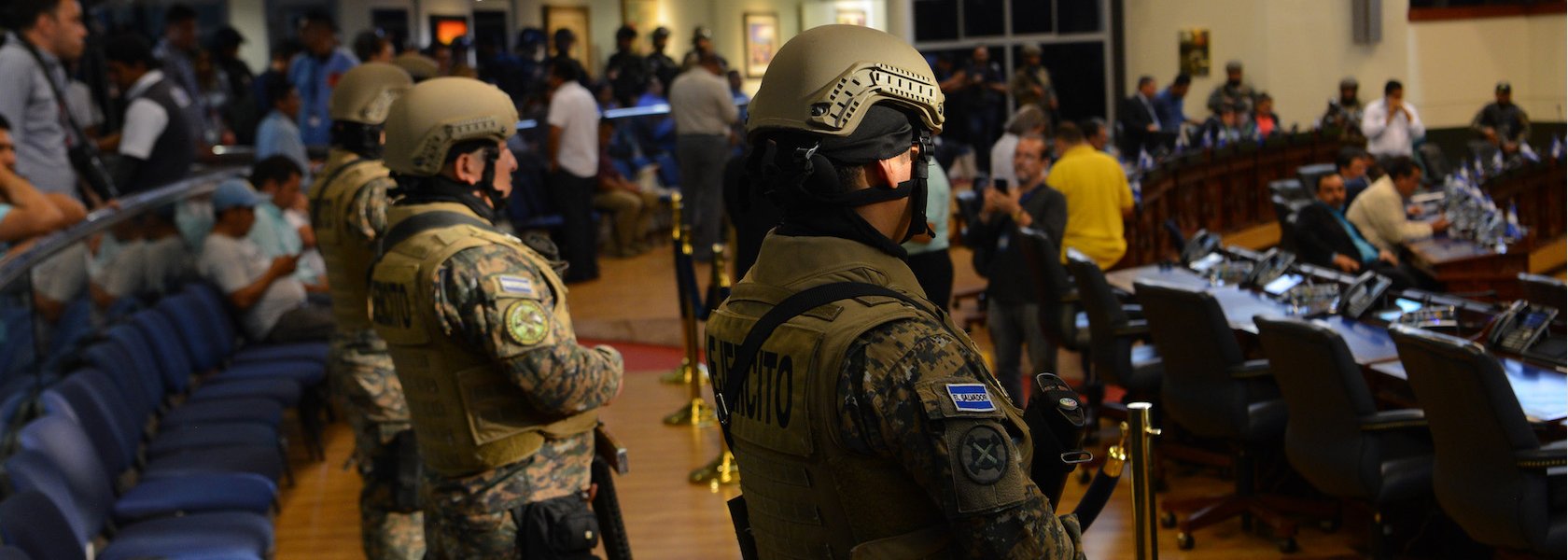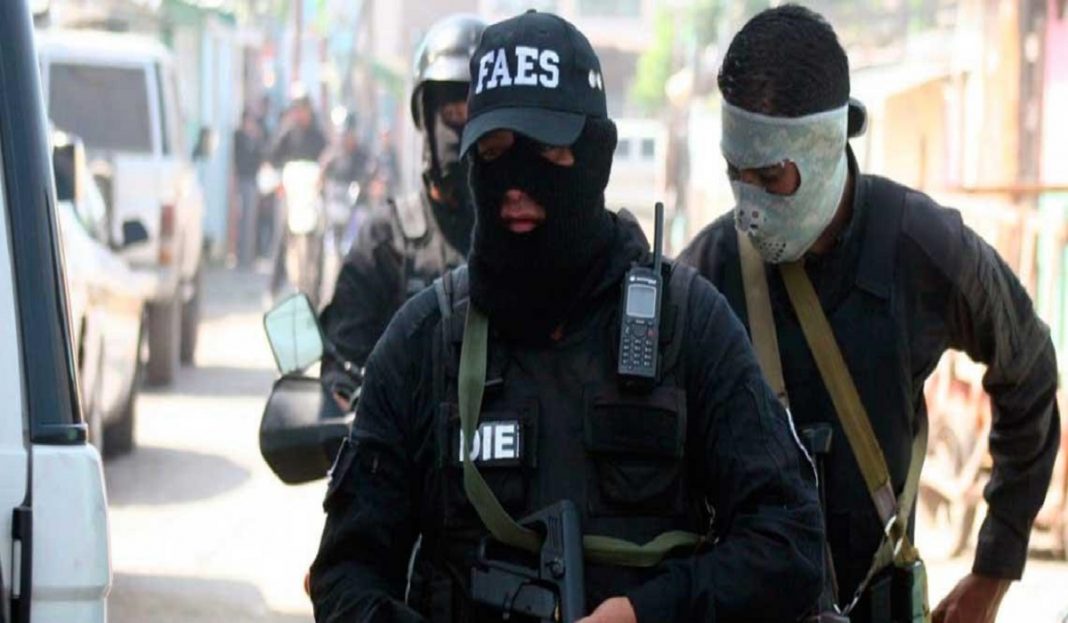On September 13, the United Nations High Commissioner for Human Rights, Michelle Bachelet, presented an update of her office’s report on the Venezuela situation during the 48th regular session of the Human Rights Council.
Among other things, Ms. Bachelet highlighted her concern for the scarcity of resources available to Venezuelans for adequate living conditions. She also stressed that vaccination against COVID-19 “is a human right” and considered that the immunization process in Venezuela has not met the needs.
In the face of this, the sociologist and Human Rights defender Nelson Fréitez offered an evaluation of the update of the report by the High Commissioner and expressed that “Michelle Bachelet failed to address and specify many of the issues related to the worsening situation of human rights in the country and the lack of compliance with their protection”
Fréitez mentioned that “Bachelet’s speech was one of moderation and suggested a type of treatment that seeks to favor the continuation of the agreement that allows the operation of an office of the High Commissioner for Human Rights in Caracas.”
Regarding the “agreement”, the sociologist explained that for almost 20 years the ruling party refused to allow the visit of United Nations rapporteurs or members of the Inter-American Commission on Human Rights to the country. However, a UN office was set up in Venezuela in 2019 with very few officials who report to the High Commissioner. “One perceives that the work of these officials is carried out under great restrictions by the Venezuelan government. They are subjected to monitoring (…) and take great care that their phones may be tapped,” Fréitez added.
Therefore, Frétiez asserted that although the office has 6 Human Rights officers in Venezuela, it faces various restrictions to continue operating in the country. “A memorandum of understanding is signed every year for the functioning of the office (…) The document for 2021 was signed a few days before the presentation of Ms. Bachelet’s update, but since the formal agreement has not been concluded, one assumes that this conditions the intervention and the report of the High Commissioner (…) and that the Venezuelan government is making a strategic move in preventing Bachelet from making a report critical of the situation in the country regarding human rights violations, “he added.
Regarding the statement by Michelle Bachelet in the presentation of the report, according to which a multidimensional crisis was affecting the Venezuelan population even before the first sanctions were put in place, Nelson Fréitez considers that “it fails to emphasize that the entire effect of deterioration is the responsibility of the government “. He also recalled that the deterioration of the oil industry -for example- had been occurring “long before the first sanctions against the state-owned company PDVSA were instilled in 2017 and that Venezuela was already facing problems with its refineries and frequent oil spills”.
Nelson Fréitez pointed out that the precarious conditions worsened over the months after the first sanctions, but they “were already present long before.”
Translated by José Rafael Medina




